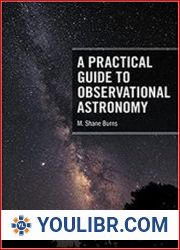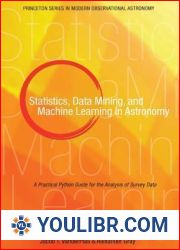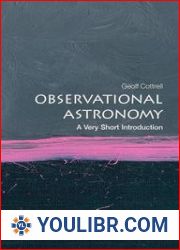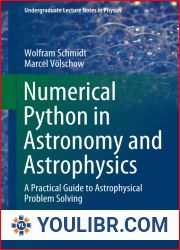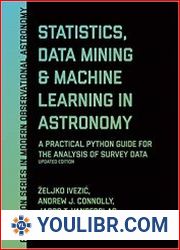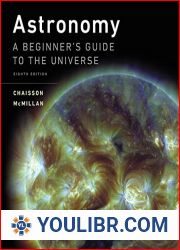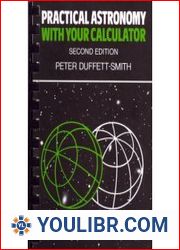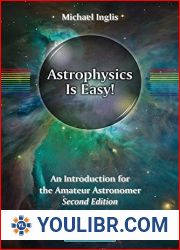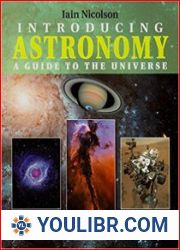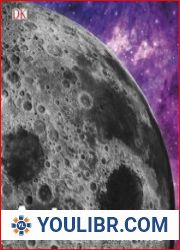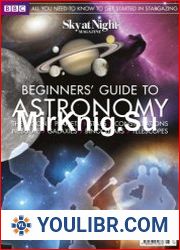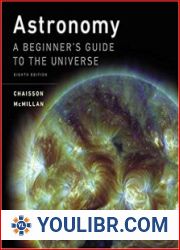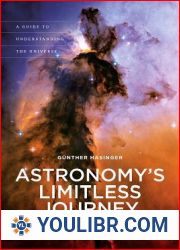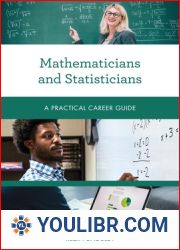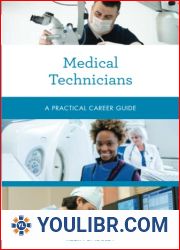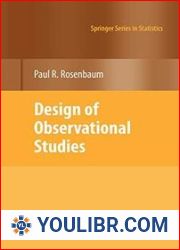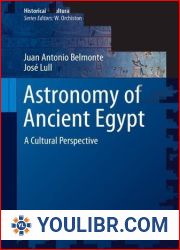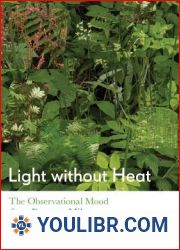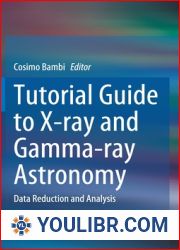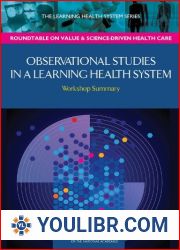
BOOKS - A Practical Guide to Observational Astronomy

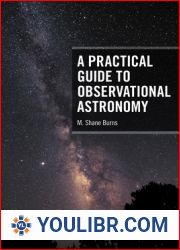
US $8.87

938624

938624
A Practical Guide to Observational Astronomy
Author: M Shane Burns
Year: September 16, 2021
Format: PDF
File size: PDF 32 MB
Language: English
Year: September 16, 2021
Format: PDF
File size: PDF 32 MB
Language: English
A Practical Guide to Observational Astronomy provides a practical and accessible introduction to the ideas and concepts that are essential to making and analyzing astronomical observations.A key emphasis of the book is on how modern astronomy would be impossible without the extensive use of computers, both for the control of astronomical instruments and the subsequent data analysis. Astronomers now need to use software to access and assess the data they produce, so understanding how to use computers to control equipment and analyze data is as crucial to modern astronomers as a telescope.Therefore, this book contains an array of practical problems for readers to test their knowledge, in addition to a wealth of examples and tutorials using Python on the author's website, where readers can download and create image processing scripts.This is an excellent study guide or textbook for an observational astronomy course for advanced undergraduate and graduate astronomy and physics students familiar with writing and running simple Python scripts.Key FeaturesContains the latest developments and technologies from astronomical observatories and telescope facilities on the ground and in space Accompanied by a companion website with examples, tutorials, Python scripts, and resources Authored by an observational astronomer with over thirty years of observing and teaching experience About the AuthorM. Shane Burns earned his BA in physics at UC San Diego in 1979. He began graduate work at UC Berkeley in 1979, where he worked on an automated search for nearby supernovae. After being awarded a PhD in 1985, Professor Burns became a postdoctoral researcher at the University of Wyoming. He spent the summer of 1988 as a visiting scientist at Lawrence Berkeley National Lab, where he helped found the Supernova Cosmology Project (SCP). He continued to work as a member of the SCP group while a faculty member at Harvey Mudd College, the US Air Force Academy, and Colorado College. The 2011 Nobel Prize in Physics was awarded to the leader of the SCP for the group's and "discovery of the accelerating expansion of the Universe through observations of distant supernovae. and " During his career, Professor Burns has observed using essentially all of the world's great observatories, including the Keck Observatory and the Hubble Space Telescope.Companion website for the







